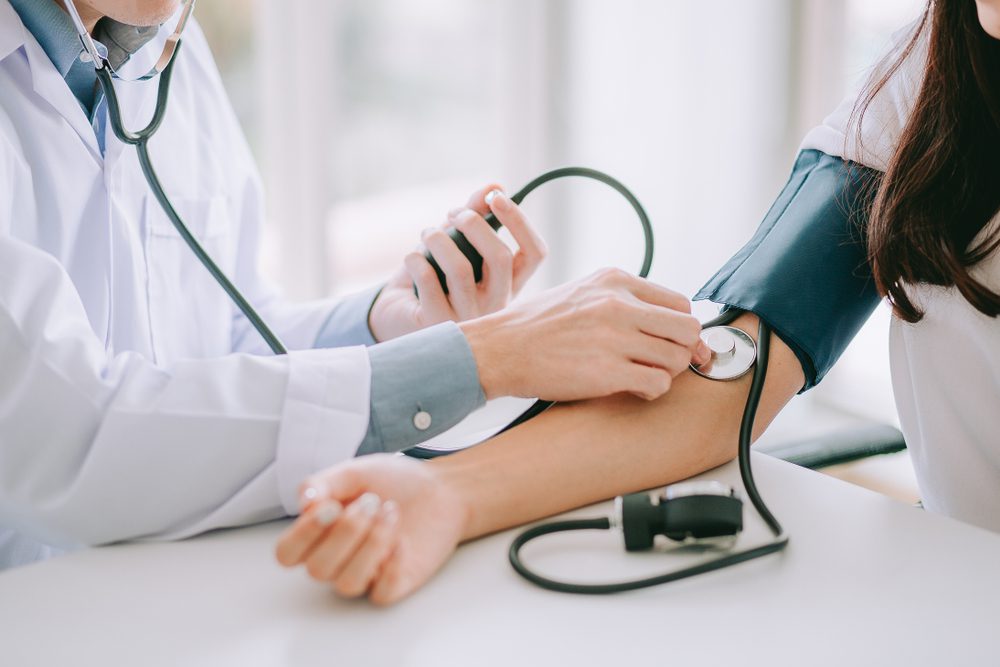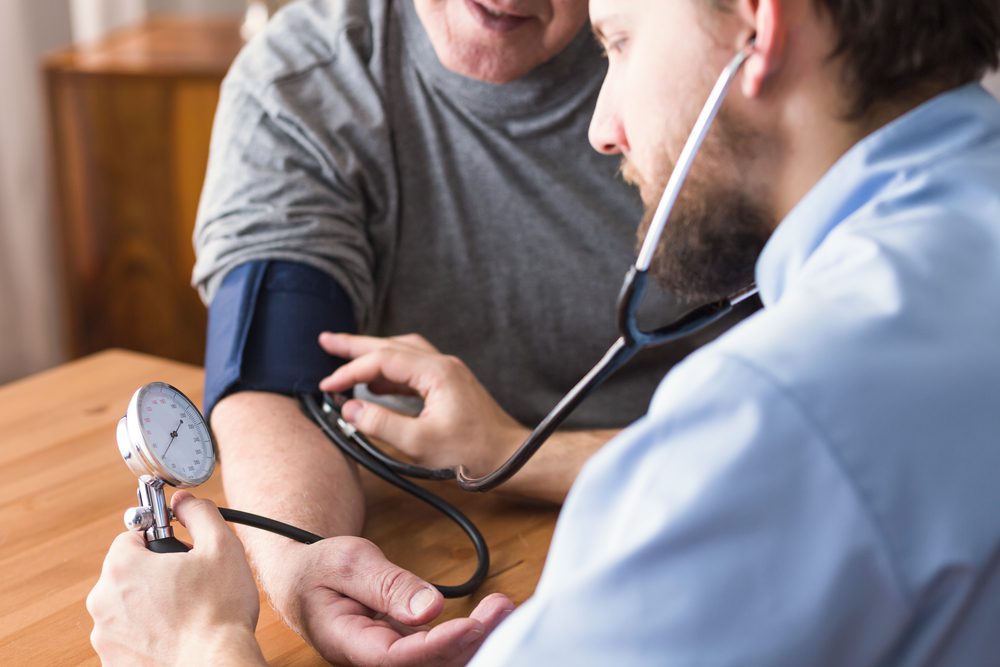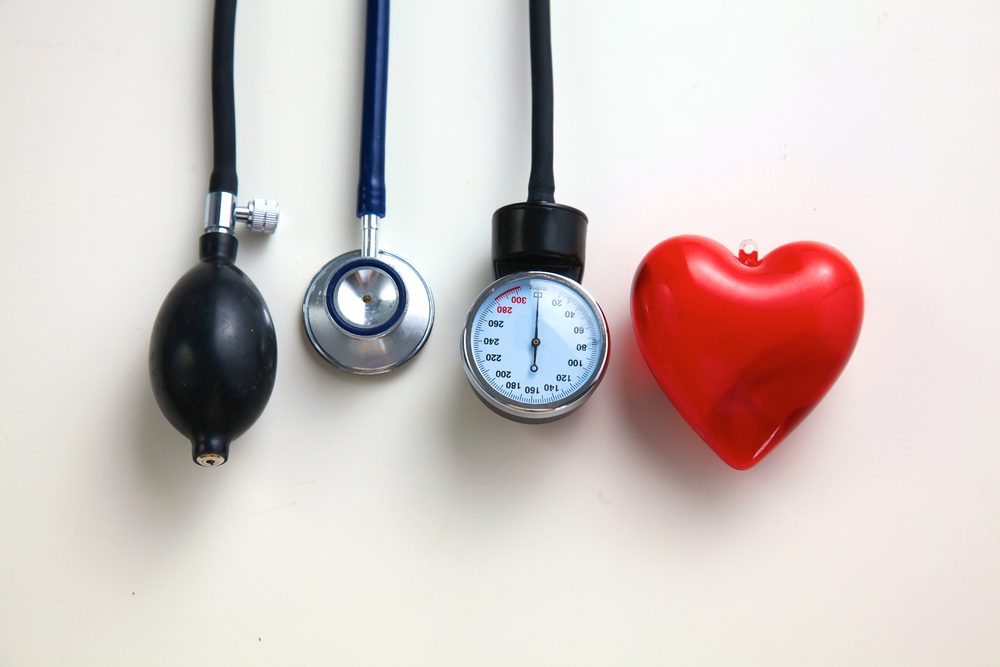Also known as high blood pressure, hypertension is one of the most common conditions diagnosed in our country. Unfortunately, this disease can increase the long-term risks of heart disease, poor immunity, and other health problems.
What’s worse, hypertension is very difficult to notice and diagnose because it gradually develops over the span of a few years. Most people don’t even notice any symptoms until the situation is truly serious – but their physical health can severely deteriorate without any signs too.
When it’s early detected, though, hypertension can be managed to live a healthy lifestyle. With that in mind, let’s go through the details of this illness, from knowing the signs to potential treatment options.
What is hypertension?
As its name suggests, high blood pressure means that your blood pressure increases above the normal limits.
Blood pressure is calculated by measuring how much blood is circulating through your blood vessels according to how the heart is pumping blood. When your arteries are too narrow, your blood pressure increases because the blood can’t flow as properly as it should.
Over time, hypertension can affect blood vessels and all major organs such as the brain, eyes, heart, and kidneys. Some of this damage can be irretrievable, which is why it’s crucial to have your blood pressure checked constantly if you’re at risk.
But who is more at risk for developing hypertension? Let’s find out.

The main causes of hypertension
Before we get into detail regarding the causes, we must first describe the two main types of hypertension:
Primary hypertension
Commonly known as ‘essential hypertension,’ this subcategory still doesn’t have an exact cause. Unfortunately, this is also the most common type of high blood pressure.
Specialists believe that the following factors may play a key role in the development of the disease:
- Poor lifestyle choices
This is the one probable cause you can actually control. Sedentarism, unhealthy meals, obesity, and even pollution can all affect your major body functions – blood circulation included. Note that obesity is also a well-known risk factor, which is yet another reason to start adopting a healthier lifestyle overall. - Genes
Unfortunately, genetics play an important role in determining your risk for certain illnesses. Although researchers are still trying to determine whether this happens due to gene mutations or inherited abnormalities, you may naturally be more prone to this illness. - Other health problems
All functions in our body are strongly linked to one another. If you start suffering from kidney problems, for example, your body can no longer filter fluids and salts properly. Over time, this imbalance can increase your blood pressure, leading to hypertension. This is exactly why it’s crucial to watch for any unusual physical symptoms.
Secondary hypertension
This type of hypertension occurs considerably more rarely because it’s triggered by another condition. For this reason, secondary hypertension kicks off rapidly and aggressively, being harder to control and stabilize.
Some of the most common conditions which might cause secondary high blood pressure are:
- Alcoholism and/or drug abuse
- Kidney illnesses
- Obstructive sleep apnea
- Adrenal gland diseases
- Thyroid problems.
Hypertension: signs and symptoms
As I was explaining earlier, hypertension (the primary case in particular) doesn’t come with any symptoms at all. In fact, the disease is progressing so silently that it can take even decades until a patient starts experiencing the negative impact of the illness.
When hypertension finally starts showing symptoms, they usually are:
- Dizziness and/or headaches
- Sudden nosebleeds
- Blurred vision
- Flushing
- Blood found in urine
ATTENTION! If you notice at least one of the symptoms listed above, please contact your doctor right away. If the signs are caused by hypertension, they may be fatal without proper treatment. Even if they aren’t caused by high blood pressure, the underlying condition probably still requires immediate medical attention.

Tests and diagnosis
Luckily, you can prevent any complication caused by hypertension simply by getting blood pressure readings regularly with your physician. Regardless if you think you’re at risk for developing this condition or not, this test can always give you a good insight into your overall health.
If a test result indicates high blood pressure, it doesn’t necessarily mean you have hypertension. That’s because our blood pressure changes daily depending on our emotional state (stress and anger can increase blood pressure temporarily), what we had eaten during the day, and so on.
However, if multiple tests indicate that you may have hypertension, your physician will recommend further investigations such as:
- Electrocardiogram (EKG; a test that measures your heart’s activity)
- Kidney and/or heart ultrasound to make sure everything functions well
- Urine test
These tests help your doctor determine whether you have an underlying illness that increases your blood pressure (in which case you’ll receive the diagnosis of secondary hypertension, as we discussed above).
But if you do have hypertension, what can you do to treat it?
The main treatment options
Determining the right treatment for your condition primarily depends on which type of hypertension you’re dealing with.
- Primary hypertension
In this case, the first treatment your doctor will probably recommend is to simply adopt a healthier lifestyle. This includes having a balanced diet, doing at least 30 minutes of physical activity daily, and avoiding stressful situations. If you don’t know where to start, try eating healthier foods in the morning, such as fresh fruit with a tsp of natural peanut butter. - Secondary hypertension
Since this type of hypertension is associated with another illness, your treatment is aimed at the underlying condition rather than the high blood pressure itself.
Specialists point out that your treatment can change over time depending on how the disease evolves (or not). What may have worked initially may not be as effective years from now, which is why you should visit your physician constantly.

Special subpoint: Hypertension during pregnancy
I really wanted to address this topic separately because many pregnant women don’t know that hypertension can occur during this time of their lives.
Sometimes, all the physical changes that occur during pregnancy may lead to temporary hypertension which disappears post-partum. However, if a mom-to-be is diagnosed with this condition, her pregnancy must be monitored very carefully.
In isolated cases, hypertension can affect kidney functions and might even lead to a low baby birth weight. Also, if you get hypertension during pregnancy, it’s more likely to develop it at some point during your life too.
ATTENTION! Severe cases of hypertension during pregnancy can sometimes lead to preeclampsia, a condition that may affect the mother’s kidneys along with other complications. This diagnosis also increases the risk of premature birth or turn into eclampsia, a life-threatening condition.
Unfortunately, preeclampsia still causes problems for many mothers in our country, so if your doctor informs you that you’re at risk too, please take all precautionary measures recommended.
Hypertension can shorten your lifespan and it may require immediate medical attention. Remember, though, that we can easily prevent all the risks of this illness simply by living a healthier lifestyle and visiting our doctor at least once a year.
Not sure where to start living better? Our posts below may be a great place to start: 7 Ways Seafood Can Improve Your Body! Don’t forget that small changes throughout the day are going to make your life easier and will help you make sure that your health is in check!













